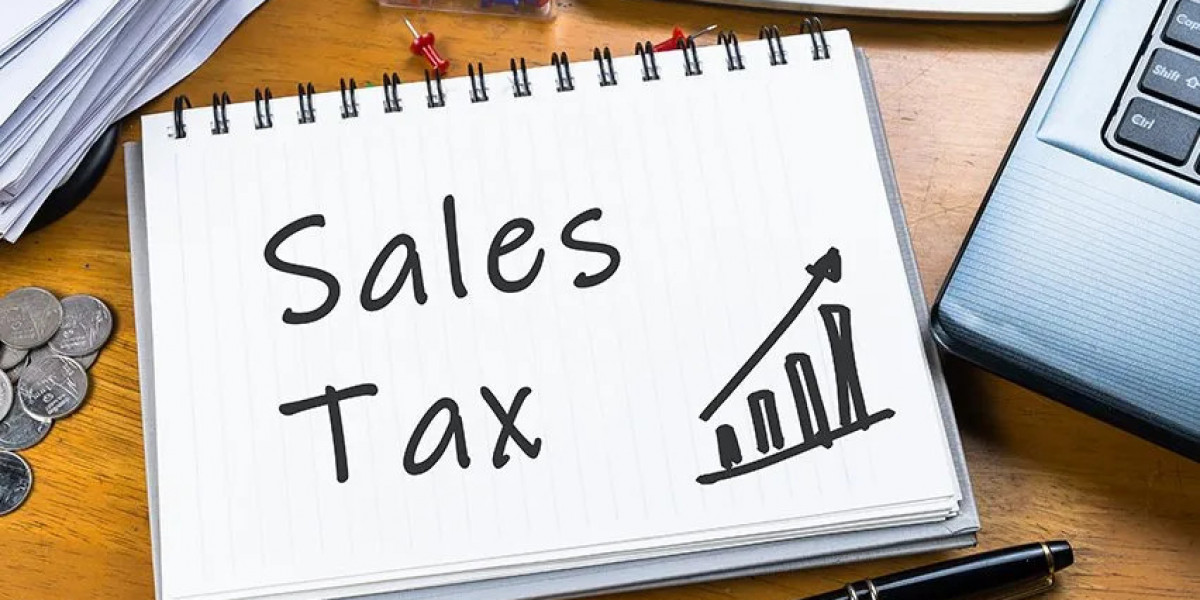Understanding when and where Sale Tax is applied is essential for anyone dealing with goods or services—whether you're a business owner, a freelancer, or an everyday consumer. This tax directly impacts the price of items and services and plays a crucial role in public revenue systems around the world. In this simple yet comprehensive walkthrough, we’ll explore the key points about sale tax how it works, when it's applied, and where different jurisdictions enforce it.
What Is Sale Tax?
Sale tax is a consumption-based tax levied on the sale of goods and services. It is usually collected at the point of purchase and passed on to the government by the seller. The end consumer bears the cost of the tax, which means it's included in the final price you pay. This tax model ensures that everyone contributes to government revenue in proportion to their consumption.
When Is Sale Tax Applied?
Sale tax is not applied to every transaction. Understanding when it comes into effect can help consumers and business owners make informed financial decisions.
1. Retail Transactions
The most common instance where sale tax applies is during retail transactions. Whenever a consumer purchases a taxable good from a registered seller, sale tax is added to the purchase price. This includes products like electronics, furniture, and clothing.
2. Certain Services
In some jurisdictions, services like repair work, consulting, and digital services also fall under sale tax. However, this varies by location. For example, in some U.S. states or countries like Pakistan, services such as legal assistance or IT support are taxable under specific rules.
3. Business-to-Business Transactions
Although sale tax is mainly associated with consumer purchases, certain B2B transactions may also involve tax if the goods are not for resale or if services are rendered to end use.
4. Online Sales
With the growth of e-commerce, many governments have extended sale tax rules to online platforms. If you purchase goods from an international seller who ships to your country, you might be required to pay sale tax upon delivery, or it could already be included at checkout.
Where Is Sale Tax Applied?
Geographical application of sale tax depends on national and local laws. Here’s a breakdown:
1. Country-Level Application
Different countries follow varied models:
Pakistan applies sale tax under the Sales Tax Act, 1990. The Federal Board of Revenue (FBR) administers the tax for goods, while provincial revenue authorities handle services.
United States does not have a federal sale tax. Instead, each state sets its own rate, with additional city or county rates layered on top.
European Union (EU) member states use Value Added Tax (VAT), which functions similarly to sale tax but is collected at multiple points in the supply chain.
2. Provincial or State-Level Tax
In federations like Pakistan and the United States, individual provinces or states impose their own rates and regulations. For instance:
In Punjab, Pakistan, the Punjab Revenue Authority (PRA) governs the collection of sale tax on services.
In the U.S., a product taxed in New York may be untaxed in Delaware, creating notable regional differences.
3. City or Local Taxes
Some cities add local sale tax on top of state rates. These may be applied to support municipal projects, infrastructure, or education.
Exemptions from Sale Tax
Not all goods and services are subject to sale tax. Common exemptions include:
Essential goods: In many regions, items like basic food, unprocessed milk, or medications are exempt.
Non-profit organizations: Charities or educational institutions may be exempt from sale tax on certain purchases.
Resale items: Products bought for resale are usually exempt, provided the buyer presents a valid resale certificate.
Understanding these exemptions can help consumers and businesses save money and avoid legal pitfalls.
The Role of Businesses in Collecting Sale Tax
Businesses are responsible for registering with the appropriate tax authority and collecting sale tax from their customers. They must also submit tax returns regularly and keep accurate records of all taxable transactions. Failure to comply with these obligations can result in penalties and audits.
Why You Should Consult a Legal Expert
Navigating sale tax laws can be complicated, especially for business owners dealing across provinces or countries. The interpretations and compliance requirements may change over time, based on legislative updates or policy reforms.
This is where legal guidance becomes invaluable. If you're setting up a business or facing a tax audit, seeking help from the best lawyer in Pakistan can save you time, money, and unnecessary stress. An experienced lawyer understands both federal and provincial tax laws and can guide you through registration, filing, and dispute resolution.
Final Thoughts: Sale Tax in Perspective
In summary, sale tax is applied at various points depending on the nature of the transaction and the location. It supports public welfare but also demands accurate compliance from both sellers and buyers. Whether it’s your first time dealing with taxable goods or you’re expanding your business internationally, understanding these basics is essential. If you find yourself confused or entangled in tax-related matters, trust the Legal Team of Zeeshan Khan to guide you with professionalism and clarity. With renowned Best Lawyer in Pakistan like Zeeshan Khan, Chaudhry Zia ur Rehman, and Tanveer Hussain Khokhar, you can rest assured your sale tax matters are in safe hands.













